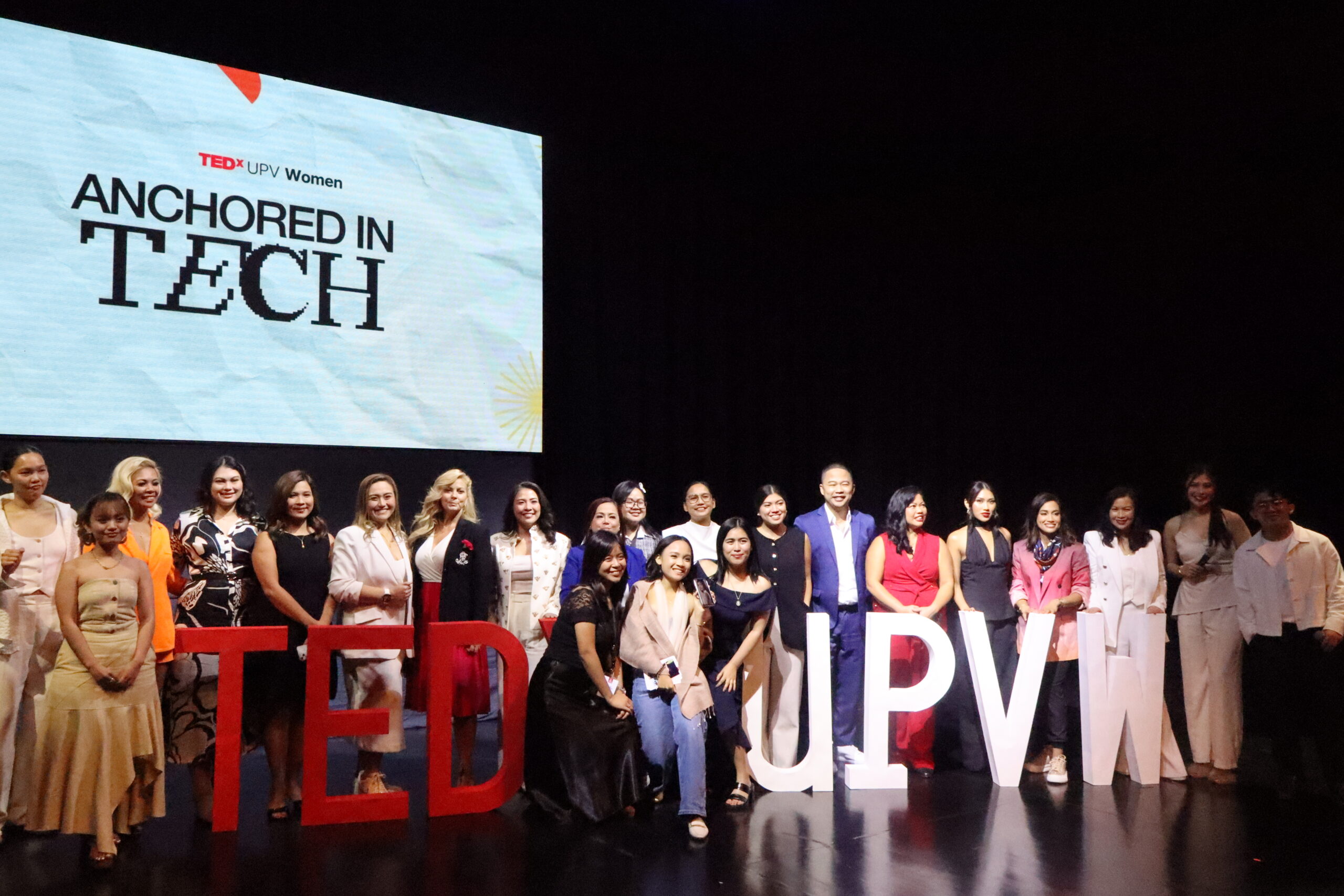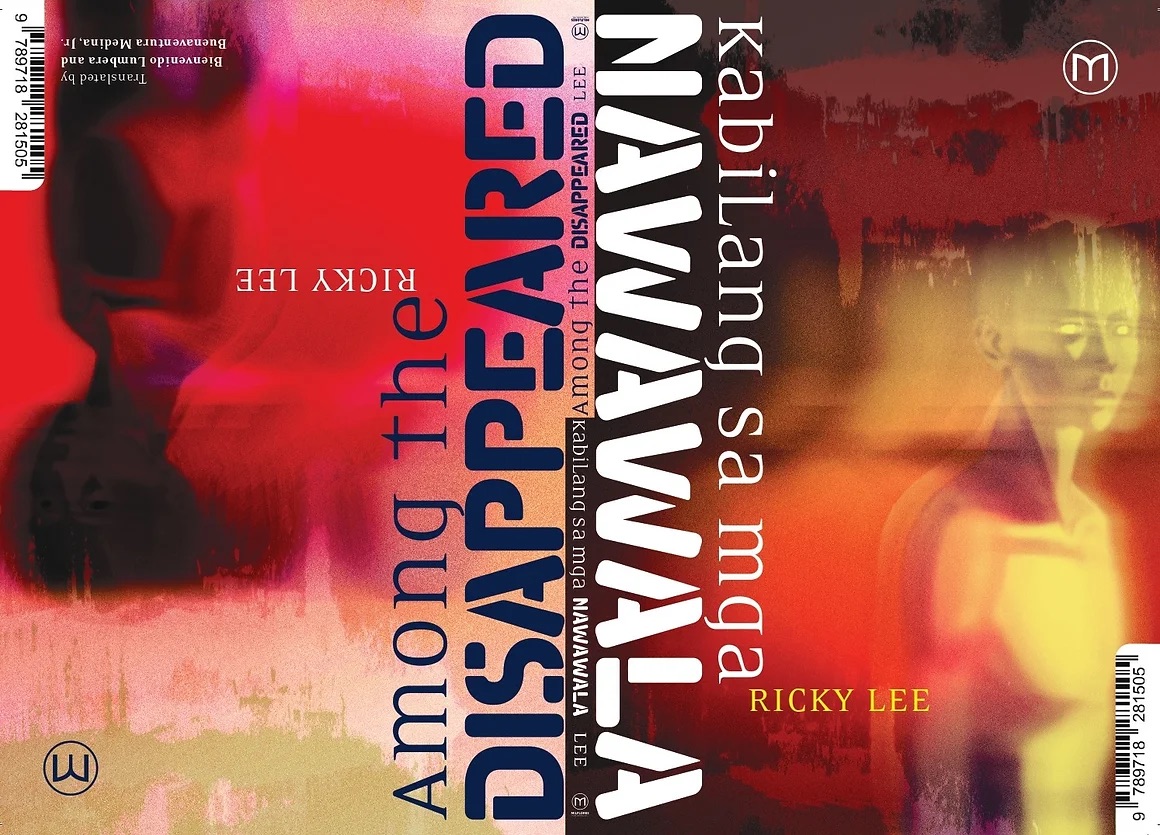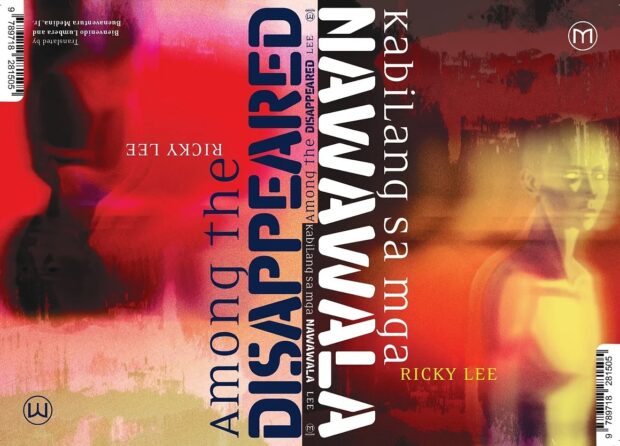June 12 presents a rather peculiar picture of the Philippines. It is, of course, the day of the declaration of our independence, a holiday given to celebrate and remember what should be the proudest moment of our people and of our young nation. And at first glance, it certainly seems so. Flags are unfurled, speeches are delivered, and the occasional patriotic parade is seen here and there. It is, without a doubt, an important day.
Yet for all its apparent significance, for all the pomp and pageantry, June 12, or Araw ng Kalayaan as we call it, feels unmistakably ordinary. There are no holiday traditions for the day, at least none that has crossed over popular culture. We do not give gifts or dress up our children as Katipuneros; no annual family gatherings or picnics at the Luneta either. Instead, what we have are perfunctory displays of patriotism and a nonworking holiday which, essentially, provides the people the opportunity to go to the mall or stay at home, unburdened and unmindful of what exactly we are supposed to celebrate and remember.
Three years ago, the 119th Independence Day celebration did arouse much interest, if only for the fact that our President Duterte missed it altogether. It was, admittedly, anticlimactic, given that months before, the President himself had declared June 12 as the very day on which he would plant the Philippine flag on Pag-Asa Island in the West Philippine Sea—an offshoot of a campaign promise to Jet Ski to the territorially disputed group of islands, flag in tow, to stake our rightful claims. But, for one reason or another, the plan never materialized; it has since been revealed that the whole plan had been, in fact, a joke.
It is interesting, to say the least, because it is either the height of comedy—or tragedy—when the nation’s leader treats the holiday, not to mention the flag, as mere props for a public relations stunt or worse, as a joke. But before we can laugh, or cry, it must be said that it does raise valid questions, intentional or otherwise. Because past the flag waving, the speeches and the jokes, the logic of the holiday is simple: June 12 represents the idea of nation. Yet how many of us truly understand the idea that is the Philippines? Or better yet, for most of us, does it even exist?
Granted, the concept of nation for us Filipinos is somewhat ambiguous. Take, for instance, our own linguistic approximations: bayan, bansa and nasyon are often times used interchangeably to express the same vague concept, much to the horror of scholars who argue semantics for a living. We can, perhaps, blame history. Colonization does have a habit of cultivating an atmosphere of apathy, or worse, ignorance. Yet, for all this, history may still redeem us.
Peripheral
Pedantry aside, perhaps it is best to scrap “Independence Day” from June 12 altogether and simply rebrand it as our national day, as other countries are wont to do. As many point out, year after year, independence is a rather thorny issue, and peripheral at that. Besides, if we are to believe the historian, Teodoro A. Agoncillo, the actual proclamation of independence, as it happened 122 years ago, was a rather humdrum affair, read “between four and five in the afternoon” in the “sesquipedalian and lumbering style” of its author, Ambrosio Rianzares Bautista. Even Mabini thought the proclamation premature.
Yet we chose to celebrate June 12—unequivocally, irrevocably—not necessarily for the independence we proclaimed (and others ignored), but for the nation we claimed. It may be that we feel, in the deepest recesses of our collective consciousness, the remnants of an honorable past, of the day we saw the nation clearly, in our hearts, as the true object of our affection, and salvation.
Certainly, it explains why, among the details of the day, we have chosen to remember not the reading of the proclamation itself, but rather, the flag waving from Aguinaldo’s balcony (or window), as well as the first stirring notes of the “Marcha Nacional Filipina” (or “Lupang Hinirang,” as we know it today), rising through the dust-covered streets of Kawit, both of which remain, to this day, as the purest symbols of our national story.
It may all seem misplaced, this talk of nationhood, especially in the face of so much poverty and political dysfunction (and a pandemic, for good measure). But the nation as an idea was never meant to be just an intellectual exercise. Mabini saw the formation of a national community as a means to curb the divisive elements found in our society. And Rizal, for his part, warned us that “the lack of national sentiment breeds another evil which is the scarcity of any opposition to the measures that are prejudicial to the people and the absence of any initiative that will redound to their welfare.”
Impunity
It should not come as a surprise, then, that our politicians continue to rule with impunity, for they feel that there is nothing above them—no ideal by which we can hold them accountable to, no transgression so vile, so un-Filipino, as to give them pause and consider: Will the people forgive me for harming the nation so?
The idea that is the Philippines is neither illusory nor absurd. It is there, in our history, for anyone who cares to look. Over time and under differing circumstances, its appearance may vary, but its underlying principle remains the same: a life lived with dignity. It was formed out of the idea that we—a disparate people long subjugated and scorned—can come together and make something of and for ourselves. It is an idea rooted in self-respect, and one that should apply to all who call themselves Filipino, regardless of what they own, who they know and where they live.
Still, as many point out, rhetoric is not reality. For us Filipinos, here and now, questions remain: Why are we so divided? Why have we constantly failed to fulfill the promise of nationhood? There are no easy answers, but history does offer us a starting point, to the time when Rizal and his generation dared to dream of a nation on the premise that we deserve to stake our own place under the hot tropical sun. If anything else, every June 12, that is worth remembering.
—CONTRIBUTED














































